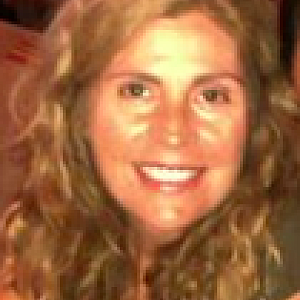
Debra Sherman
Correspondent

Correspondent
Editor's Note: Debra Sherman died of cancer in April 2014. We were honored to have known her and to share her blogs about her cancer journey with Center for Health Journalism Digital readers.
I've been with Reuters since 1994 and have covered health for the last 12 years, focusing on medical technology. I am currently based in Chicago. Before getting on the health beat (my favorite), I covered U.S. stock, commodity and deriviative markets. I also covered the British stock market in the late 1990s while working for Reuters in London.

The most recent employment report from the U.S. Labor Department showed the job market remained tough in January. If it’s difficult for healthy individuals to get a job, what is it like for cancer survivors?
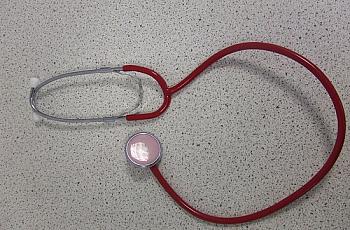
In my last blog post, I wrote about pain and addiction, and quoted my palliative care doctor. Some readers took that to mean that I am at the end of the road, so to speak, since I am calling for palliative care. No, I’m not! (At least I hope I’m not.)

I was a bit surprised by how readily this new physician I visited agreed to prescribe more pain medication for me. My previous experience before I was a cancer patient was that doctors were unwilling to prescribe highly addictive drugs — but they weren’t palliative care doctors, like him.

Exercise is good for cancer patients, doctors these days say. That’s an about-face from just a decade ago when they urged patients to conserve their flagging energy.
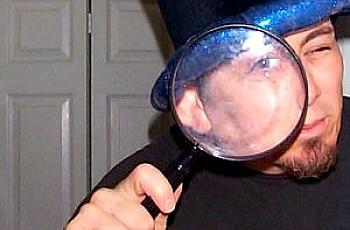
At a time when there are so many vital questions to ask, and research budgets everywhere are under attack, I wonder why well-meaning researchers pick obvious questions to ask. Is it easier to get funding? Are they cheaper to execute? Is the bar lower?
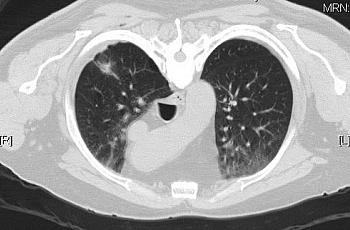
The “Give A Scan” program is the first to ask lung cancer patients, as well as those at risk, to donate their CT scans and other medical information to an anonymous data base. A pilot program is going national this week.
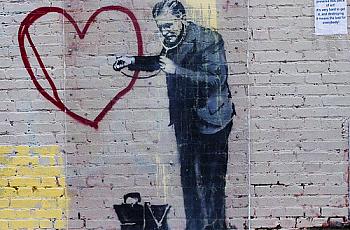
The oncologist is the person who will look after my cancer for the rest of my life, however long it lasts. I need to trust him or her implicitly. Just for starters, I need to trust the treatments prescribed for me will work, even if they make me feel sicker than I felt in the first place.
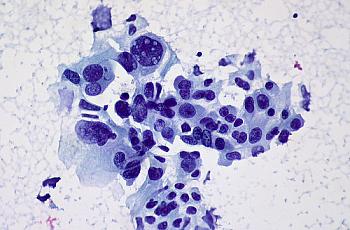
With the Obamacare rhetoric flying, the president of the nation’s leading cancer doctors’ group says worried cancer patients may be unnecessarily concerned. He believes Obamacare will be a boon for cancer patients and has become a high-profile advocate for the controversial law.
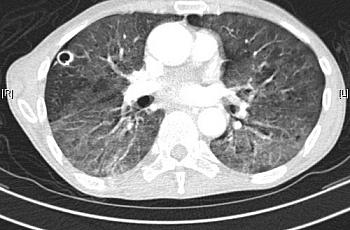
Lung cancer is the most virulent killer, but there is a big difference between being diagnosed with lung cancer and, say, cancers of the breast, skin or prostate. People who contract those cancers do not face the inevitable question, “Did you smoke?” or put another way, "Isn't it your own fault?"

Reuters reporter Debra Sherman shares research she's found about cancer and diet.